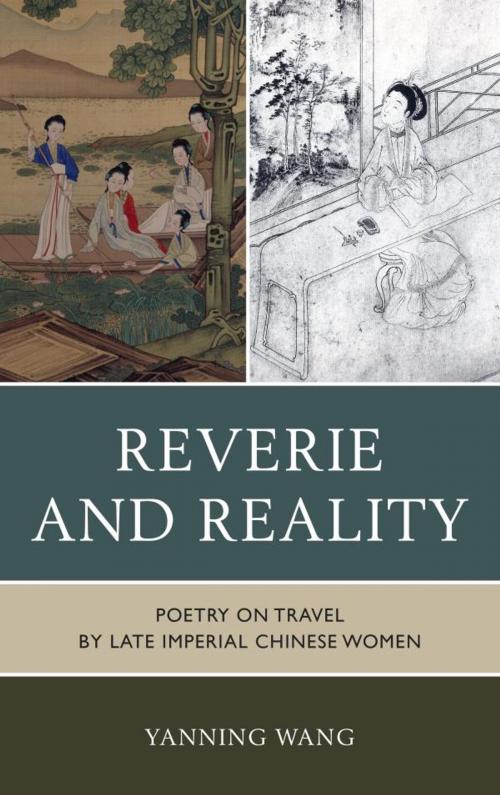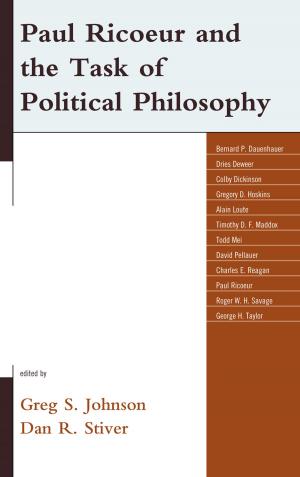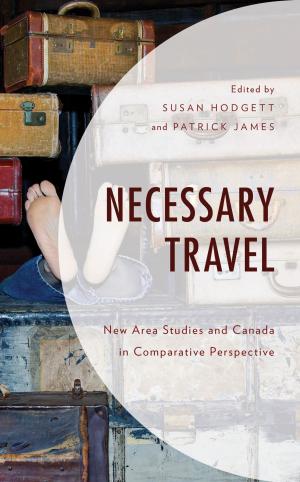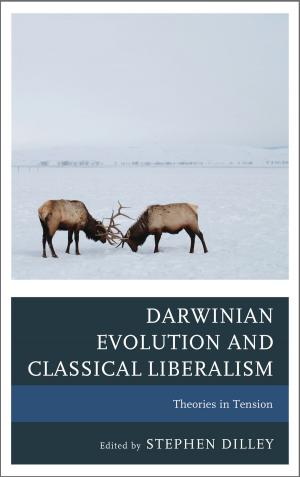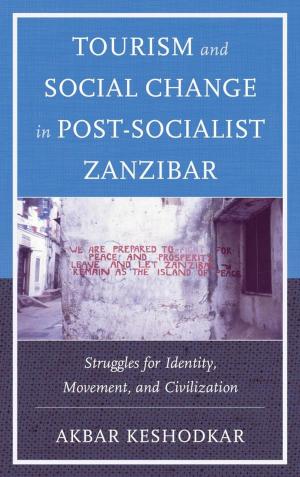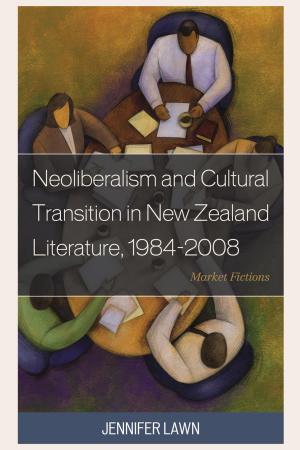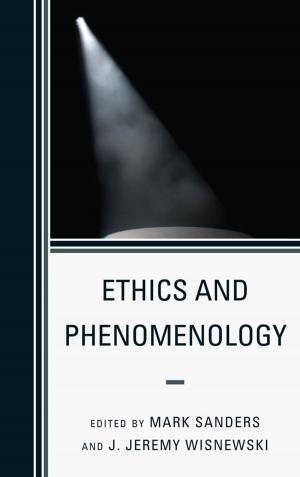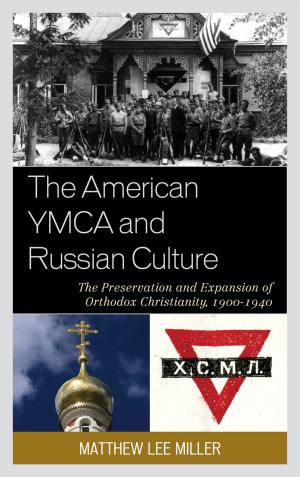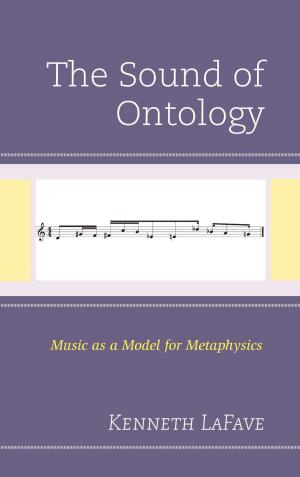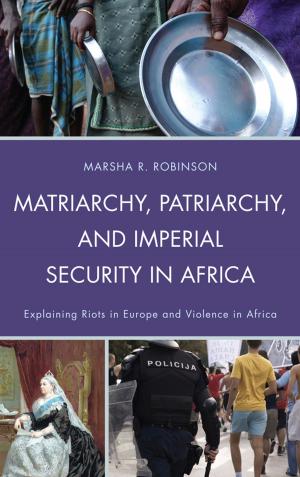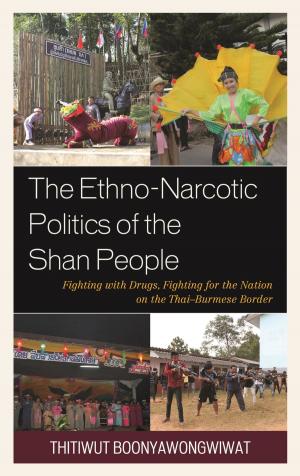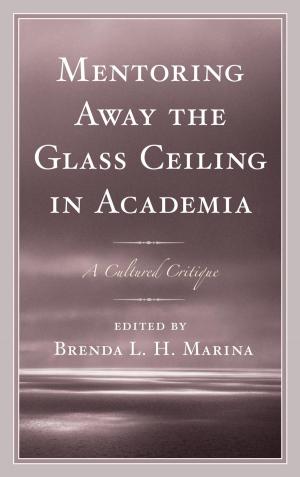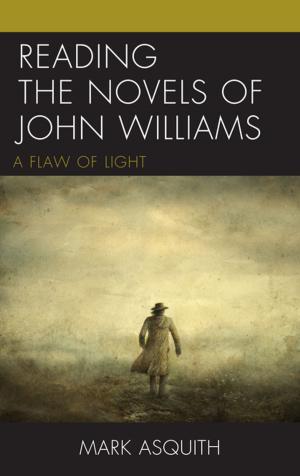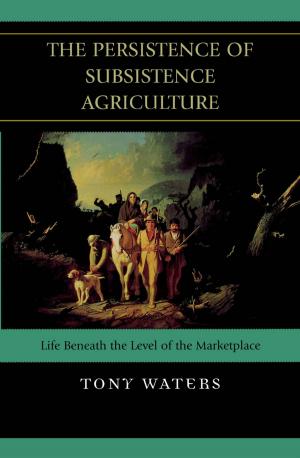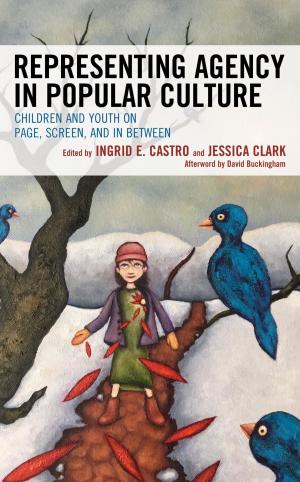Reverie and Reality
Poetry on Travel by Late Imperial Chinese Women
Fiction & Literature, Literary Theory & Criticism, Women Authors, Poetry History & Criticism, Nonfiction, History, Asian, China| Author: | Yanning Wang | ISBN: | 9780739179840 |
| Publisher: | Lexington Books | Publication: | December 18, 2013 |
| Imprint: | Lexington Books | Language: | English |
| Author: | Yanning Wang |
| ISBN: | 9780739179840 |
| Publisher: | Lexington Books |
| Publication: | December 18, 2013 |
| Imprint: | Lexington Books |
| Language: | English |
This is a study of Chinese gentry women’s poems on the theme of travel written during the late imperial period (ca.1600–1911), when Chinese women’s literature and culture flourished as never before. It challenges the clichéd image of completely secluded and immobile women anxiously waiting inside their prescribed feminine space, the so-called inner quarters, for the return of traveling husbands or other male kin. The travel poems discussed in this book, while not necessarily representative of all of the women writers of this period, point to the fact that many of them longed to explore the world through travel as did so many of their male counterparts. Sometimes they were able to actualize this desire for travel and sometimes they were forced to resort to imaginary “armchair travel.” In either case, women writers often used poetry as a means of recording their experiences or delineating their dreams of traveling outside the inner quarters, and indeed sometimes far away from the inner quarters. With its promise of adventure and fulfillment and, above all, a broadening of one’s intellectual and emotional horizons, travel was an important, and until now understudied, theme of late imperial women’s poetry.
This is a study of Chinese gentry women’s poems on the theme of travel written during the late imperial period (ca.1600–1911), when Chinese women’s literature and culture flourished as never before. It challenges the clichéd image of completely secluded and immobile women anxiously waiting inside their prescribed feminine space, the so-called inner quarters, for the return of traveling husbands or other male kin. The travel poems discussed in this book, while not necessarily representative of all of the women writers of this period, point to the fact that many of them longed to explore the world through travel as did so many of their male counterparts. Sometimes they were able to actualize this desire for travel and sometimes they were forced to resort to imaginary “armchair travel.” In either case, women writers often used poetry as a means of recording their experiences or delineating their dreams of traveling outside the inner quarters, and indeed sometimes far away from the inner quarters. With its promise of adventure and fulfillment and, above all, a broadening of one’s intellectual and emotional horizons, travel was an important, and until now understudied, theme of late imperial women’s poetry.
